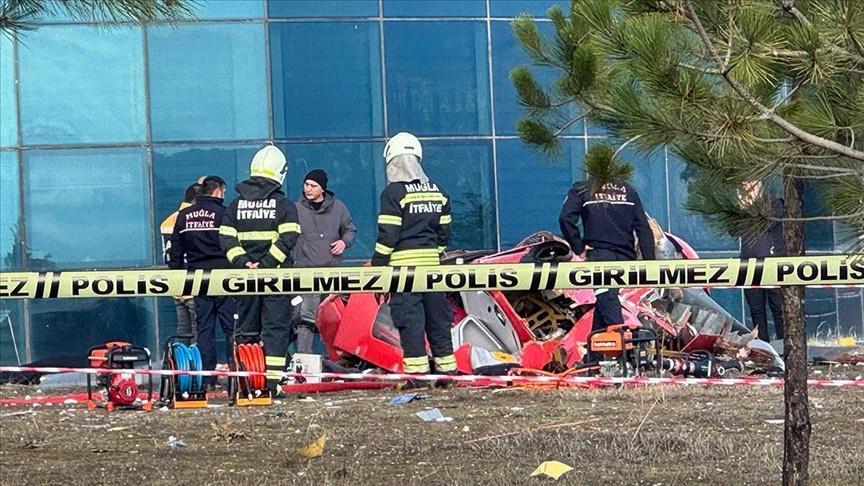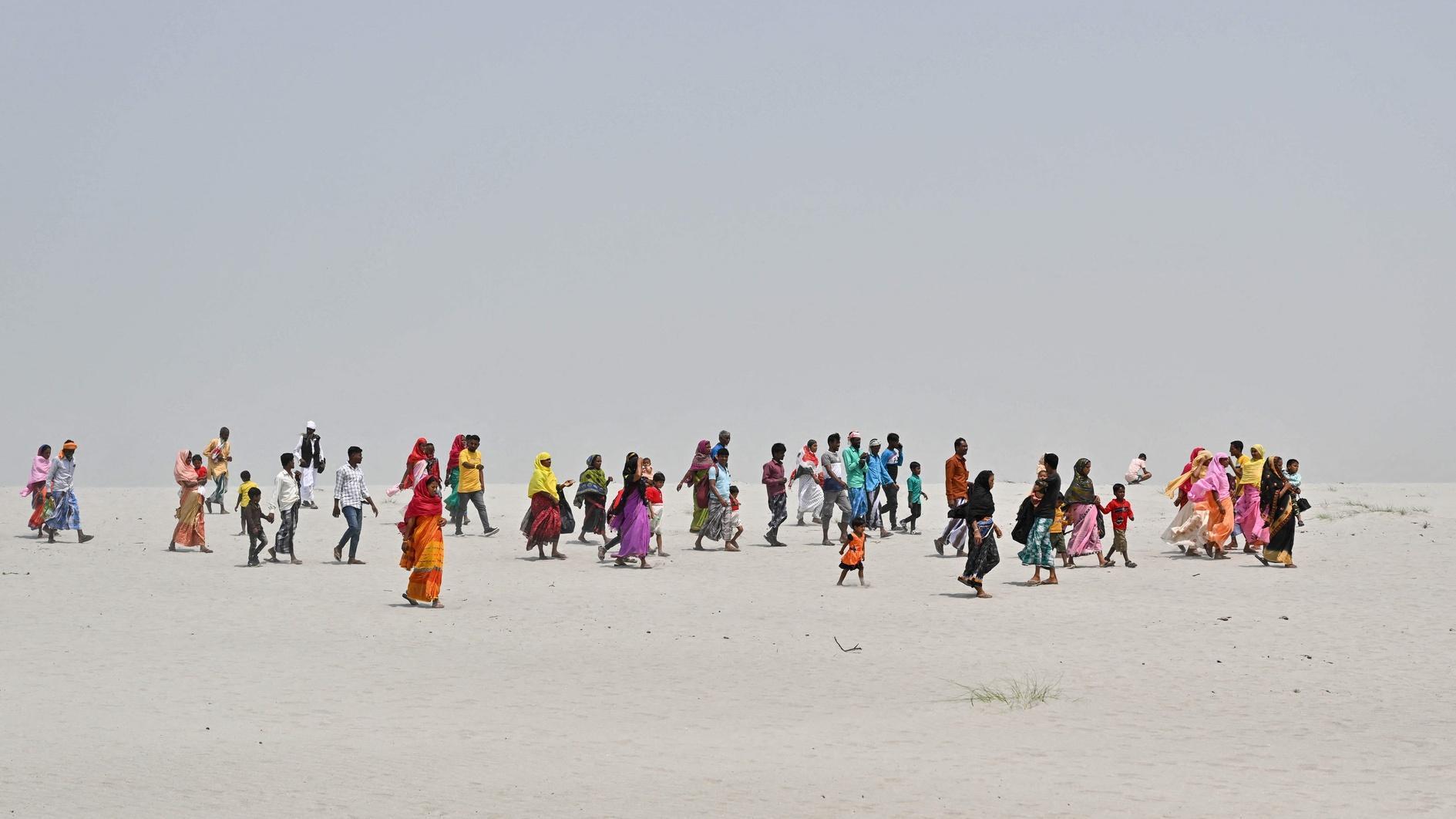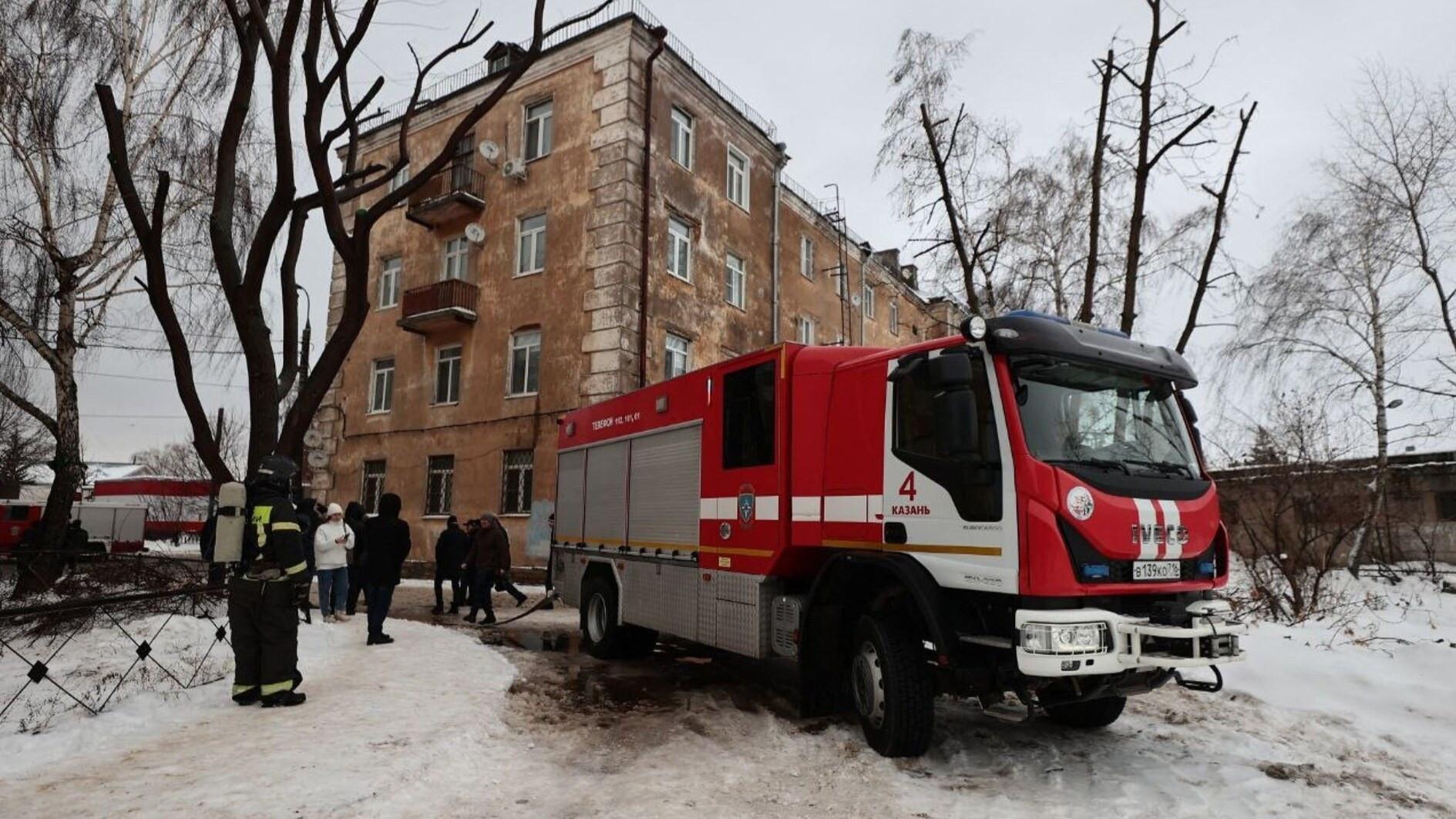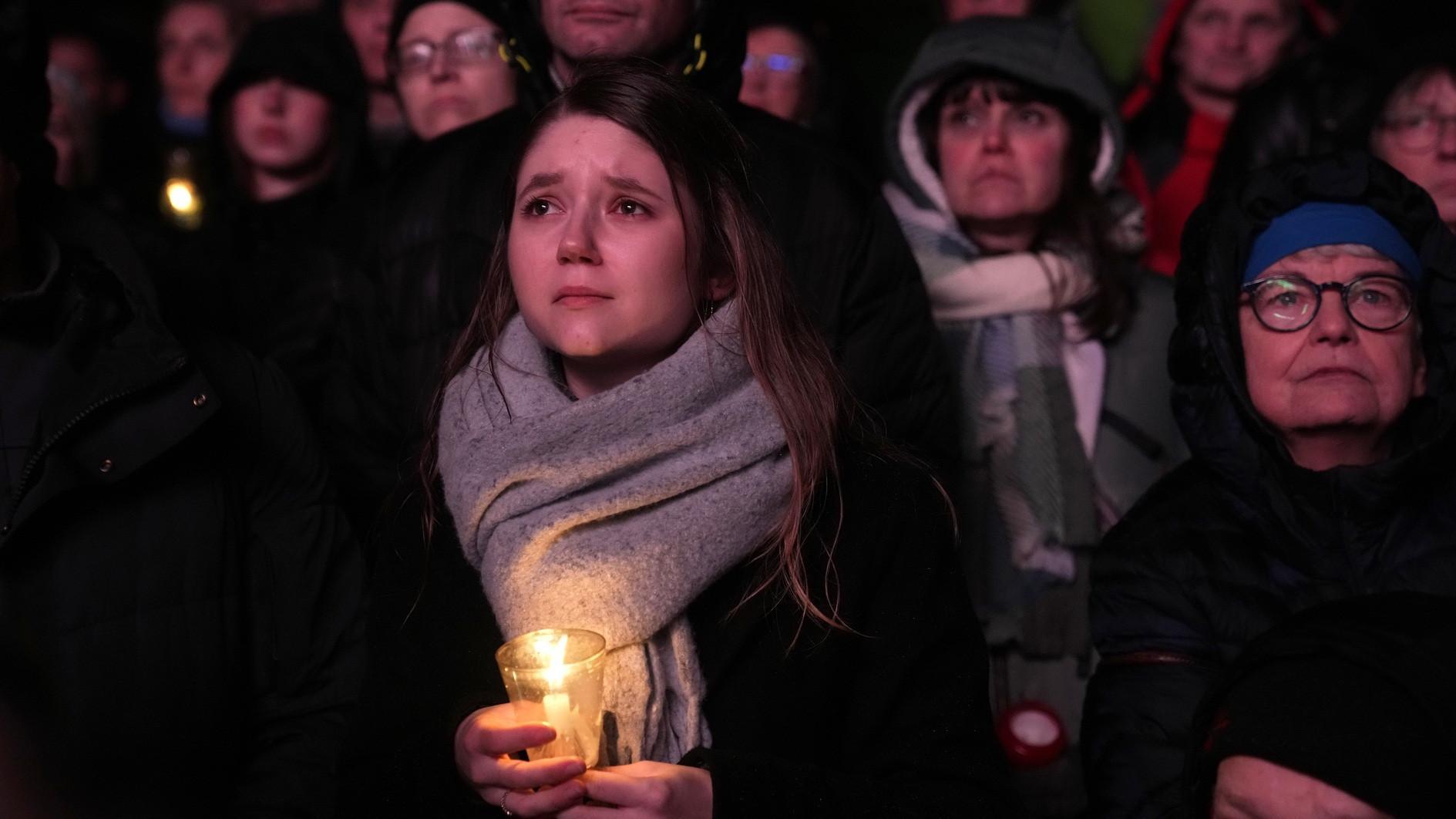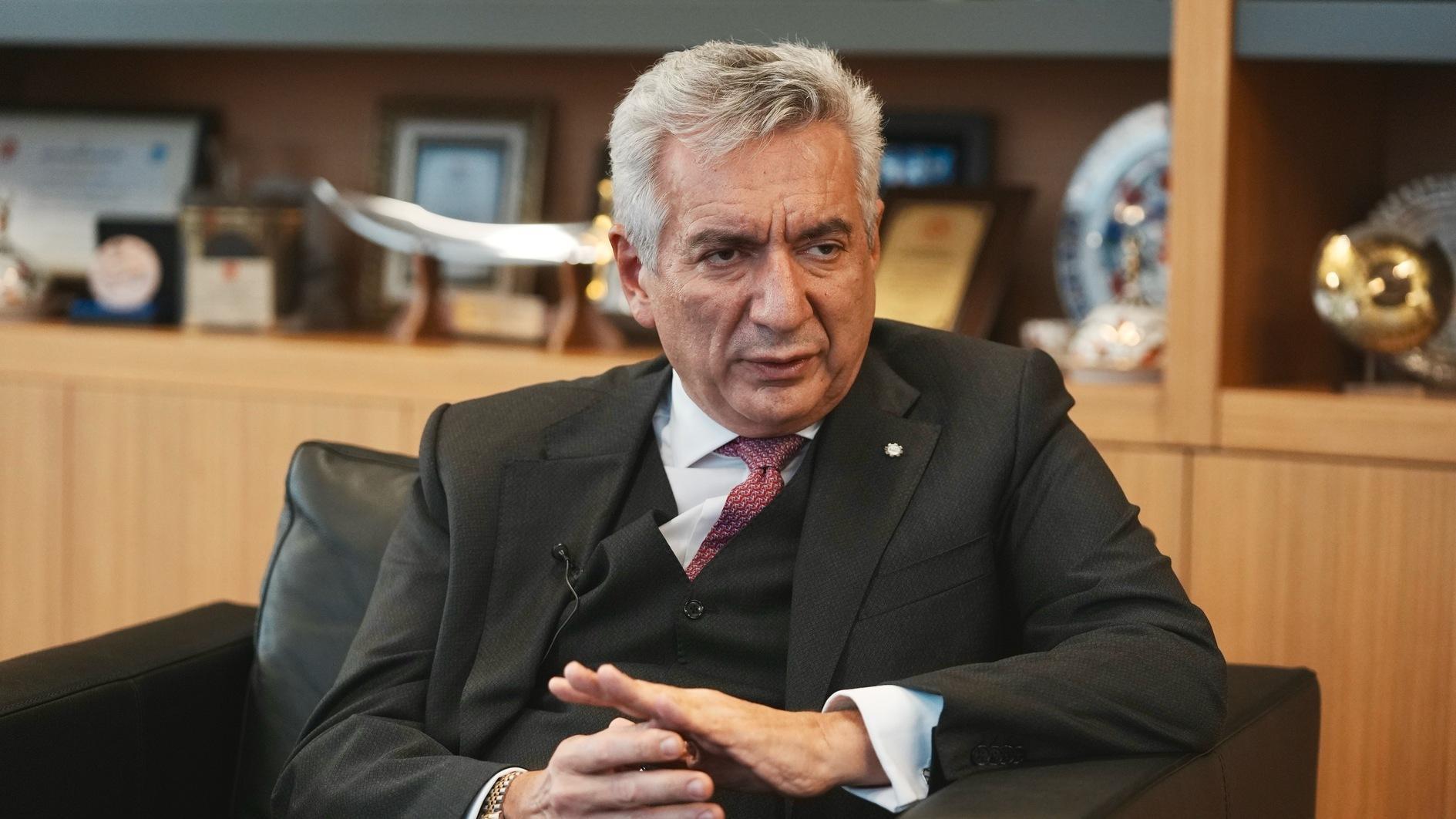Tunisia's Brahmi killed with same gun as slain party leader Belaid: Minister
TUNIS

Tunisians gather to protest the killing of opposition politician Mohamed Brahimi in Tunis, July 25, 2013. REUTERS Photo
Tunisia's interior minister said on Friday that secular opposition politician Mohamed Brahmi had been killed with the same gun that was used to kill his party leader Chokri Belaid six months ago, suggesting the involvement of the same hardline Salafist Islamist group, Reuters has reported.Lotfi Ben Jeddou told a news conference: "The same 9mm automatic weapon that killed Belaid also killed Brahmi."
The assassination of Tunisian opposition figure Mohamed Brahmi was the work of a member of the radical Sunni Muslim Salafist movement, Jeddou said on Friday.
He named the main suspect as hardline Salafist Boubacar Hakim, already being sought on suspicion of smuggling weapons from Libya.
"The first elements of the investigation show the implication of Boubaker Hakim, a Salafist extremist," he told a press conference, a day after Brahmi was gunned down outside his home near Tunis by two gunmen on a motorcycle.
The February 6 assassination of Chokri Belaid, also outside his home, sparked a political crisis in Tunisia and charges of government connivance.
On Wednesday, a minister and senior adviser to the prime minister said six people believed to have orchestrated Belaid's killing have been identified. Noureddin B'Hiri said the details would "soon" be revealed.
General strike
Tunisia faced a general strike Friday after gunmen shot dead a leading opposition figure in a killing that brought thousands of protesters onto the streets and sparked international condemnation, Agence France-Presse has reported.
Tunisia's national airline Tunisair cancelled all flights Friday.
MP Mohamed Brahmi, a father of five, was shot by unknown gunmen outside his home on Thursday in the second such political assassination this year.
The ruling Ennahda party, a moderate Islamist group, denied accusations from his family that it was involved.
Protesters took to the streets Thursday in central Tunis and in Sidi Bouzid, the birthplace of the Arab Spring and Brahmi's home town.
Police in Tunis fired tear gas to disperse scores of demonstrators who tried to set up a tent for a sit-in calling for the fall of the regime.
The General Union of Tunisian Labour (UGTT) called Friday's general strike across the country in protest at "terrorism, violence and murders".
It last called a two-hour general strike on January 14, 2011, the day former Tunisian dictator Zine El Abidine Ben Ali fell.
Brahmi, 58, of the leftist Popular Movement, was killed outside his home in Ariana, near Tunis, Watanya state television and the official TAP news agency reported.
Human Rights Watch said that Brahmi's son, Adnen, had told its researchers he heard a first and a second gunshot, then several other shots as if from a machine gun.
He had his sister ran out of the house and as they reached their father's car they saw two men riding off on a motorbike, HRW said in a statement.
"I accuse Ennahda," the MP's sister Chhiba Brahmi told AFP at the family home in Sidi Bouzid. "It was them who killed him," she said, although she offered no evidence.
"Our family had the feeling that Mohamed would suffer the same fate as Chokri Belaid," whose family also blamed Ennahda, she added.
Ennahda chief Rached Ghannouchi rejected the charge in a statement to AFP. Brahmi's killing was "a catastrophe for Tunisia", he said.
"Those behind this crime want to lead the country towards civil war and to disrupt the democratic transition." EU foreign policy chief Catherine Ashton condemned the killing, adding her voice to calls by UN human rights chief Navi Pillay, Amnesty International and Human Rights Watch for an investigation into the killing.
The United States condemned the "cowardly" assassination.
Brahmi was elected MP in October 2011 for Sidi Bouzid, birthplace of the revolution earlier that year that toppled Ben Ali. On July 7, he resigned as general secretary of the Popular Movement, which he founded, saying it had been infiltrated by Islamists.
Following his killing, angry demonstrators took to the streets of Tunis to denounce the ruling Islamists.
Mohamed Maaroufi, a member of a youth committee that organised the protest, told AFP that they would stay in the streets until Ennahda had been forced from government.


